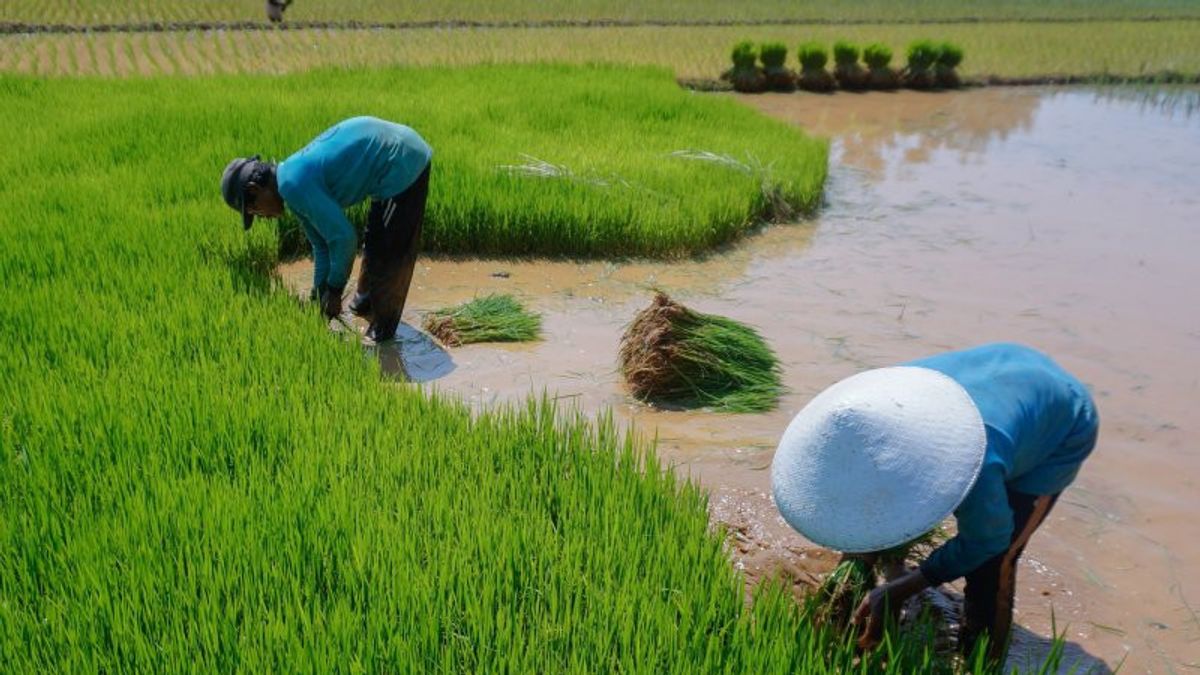JAKARTA - The National Food Agency (Bapanas) does not deny that the escalation of conflicts in Iran-Israel to the weakening value of the rupiah will have an impact on food commodities, especially those originating from imports.
Director of Food Supply Stabilization and Price of Badanas, Maino Dwi Hartono explained that the conflict poses a risk to affected the prices of a number of commodities. The reason is, there will be obstacles to food logistics travel.
"Even without Iranian attacks, the distribution is circular, right, because (the conflict) in Ukraine is not finished. The current condition is closed, it remains smooth, maybe the journey will increase so long that the cost increases, including security issues, the cost will definitely increase," he said. met at the National Food Agency Office, Jakarta, Thursday, April 18.
For example, said Maino, imported food commodities that have the most potential to be affected are wheat and soybeans. The delivery of these commodities was disrupted due to the recent increase in conflicts in Iran-Israel.
Maino explained that the disruption of shipments through the Strait of Hormuz will make shipments diverted. That way, the delivery time will be much longer and will have an impact on shipping costs.
SEE ALSO:
"If there is availability, it doesn't matter, production exists, but we don't know where it will spread to the current global situation. But considerations are logical, but especially distribution issues will be disrupted," he said.
Maino said this condition was exacerbated by the weaker rupiah against the US dollar exchange rate which reached the level of Rp. 16,000 to Rp. 16,300. Therefore, he assessed that this condition needed to be anticipated by relevant stakeholders.
"The point is that the global situation will affect the logistics situation, first time adding, the cost of increasing, and the price will change. Then the dollar exchange rate goes up, like it or not business actors will give it up," he said.
Meanwhile, for other commodities such as garlic, rice and beef, Maino is believed not to be affected. Because the supply of garlic comes from China, then rice from the Southeast Asia region and beef from Australia.
The English, Chinese, Japanese, Arabic, and French versions are automatically generated by the AI. So there may still be inaccuracies in translating, please always see Indonesian as our main language. (system supported by DigitalSiber.id)
















